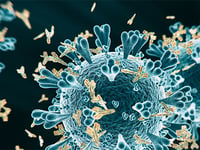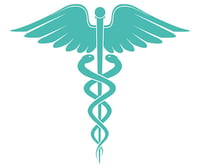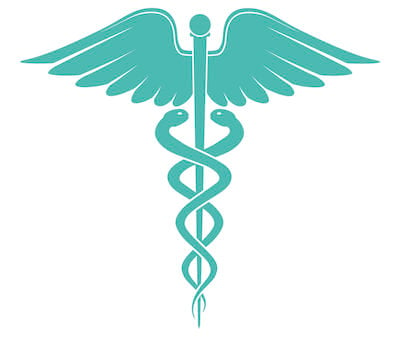 It has been a very trying time for all of us across the planet, with COVID-19 still lurking around as new variants pop up, while having to also deal with the growing spread of monkeypox. As for me, I’ve had a couple of bad colds since the start of the pandemic, but one was before commercial testing was available (maybe COVID? But probably not!), and the other was more recent and was definitely not COVID (lucky me!). In fact, I have to say that because of certain choices I have made to avoid the big bad disease as well as other preventable diseases, this has been the least I’ve experienced illness in quite some time.
It has been a very trying time for all of us across the planet, with COVID-19 still lurking around as new variants pop up, while having to also deal with the growing spread of monkeypox. As for me, I’ve had a couple of bad colds since the start of the pandemic, but one was before commercial testing was available (maybe COVID? But probably not!), and the other was more recent and was definitely not COVID (lucky me!). In fact, I have to say that because of certain choices I have made to avoid the big bad disease as well as other preventable diseases, this has been the least I’ve experienced illness in quite some time.
Acknowledging Agendas
The onset of the COVID-19 pandemic and the subsequent changes in communication from the government agencies was a nerve-wracking and confusing time for everyone due to the lack of knowledge we had of the disease and various political agendas as businesses attempted to remain open and everyone worried about the collapse of the economy during the shutdown. Even after the development of effective vaccines and a larger knowledge base, personal choices and government policies at all levels are inconsistent at best. Because the Centers For Disease Control (CDC) serves under the government, they likely have to take these policies into account, and the current suggested practices are akin to pretending the pandemic is over (spoiler: it’s not!).
The hope is that our newly elected leaders are supporters of good science policy and will look out for our collective public health. But we can also make good choices to protect ourselves regardless of what is provided by the government. This isn’t just for the pandemic-du-jour, whether COVID or monkeypox or the next big thing, but also for any preventable disease. Preventing disease is not only good for your health, but alleviates a burden on the health care system and the economy.
Best Practices
 While the CDC does operate under a certain set of agendas, they do provide some good tips on how to prevent chronic diseases. Most of these tips are common sense that you might get from your primary care physician, such as eating right, avoiding drugs, smoking, or alcohol, and proper exercise. I believe some of the tips are easier said than done for many folks, including this tip about watching your body mass, but generally if you are feeling good and keeping active no matter your body shape, you are already on the right track. Given all the literature out there about decreasing your risk of diabetes, cancer, and other diseases, these are solid tips.
While the CDC does operate under a certain set of agendas, they do provide some good tips on how to prevent chronic diseases. Most of these tips are common sense that you might get from your primary care physician, such as eating right, avoiding drugs, smoking, or alcohol, and proper exercise. I believe some of the tips are easier said than done for many folks, including this tip about watching your body mass, but generally if you are feeling good and keeping active no matter your body shape, you are already on the right track. Given all the literature out there about decreasing your risk of diabetes, cancer, and other diseases, these are solid tips.
The same tips that we used to minimize our risks of contracting COVID and monkeypox are also useful for preventing most infectious diseases. This includes the proper vaccinations (which is why we don’t get smallpox or polio anymore), washing your hands, and safe interpersonal relations. Basically, if you can stay away from most people, some of whom might be infectious, you are much less likely to get infected. I still regularly wear my mask in public and believe that is a good practice even if there is a lower community threat level.
Here's to Your Health!
Given the global connectivity we enjoy now, no matter where a disease originates, it has a chance of being spread far and wide. Even in remote communities, with how easy it is to traverse the planet, an outbreak is just one carrier away from happening! It is always good practice to keep your eyes on the news and the health organization websites, and just use common sense where all else fails. After all, you’d probably like to use all that vacation time you saved up for the holidays to enjoy yourself instead of lying miserable in bed!



